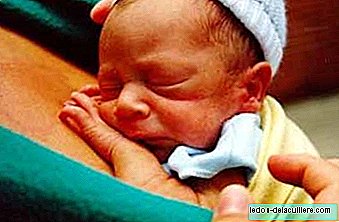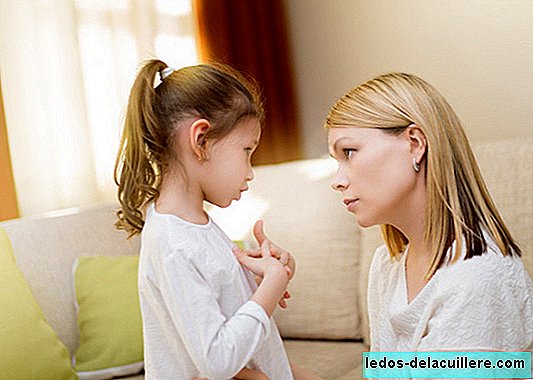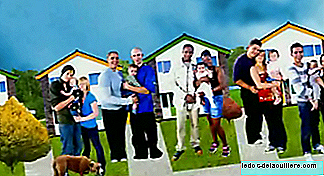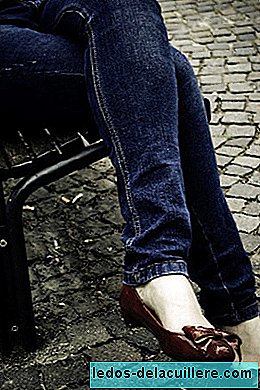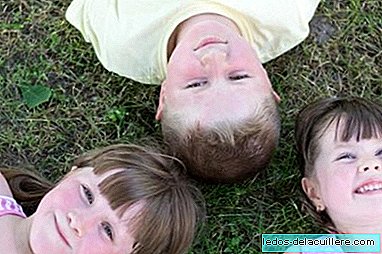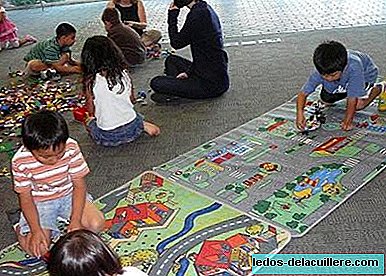
The Child Friendly Cities Program is a UNICEF initiative, which is promoted in Spain and in many other countries as a result of the need to promote knowledge and respect for the Convention on the Rights of the Child in the area closest to the daily life of children: the municipality, cities and towns Where children live
A Child Friendly City is one that is committed to respect the rights of children. In which policies, programs and general functioning take into account the voices, needs, rights and priorities of the little ones.
In the guide "Let's put children on the local political agenda" (Basic Manual for municipal policy makers) the nine basic pillars or elements of this conceptual framework appear, which are interconnected and interdependent, and are directed towards a common goal: improve the real life of childhood.
The first basic pillar is to promote the active participation of children, essential for the whole process and for the rest of the elements.
Child participation: promoting the active involvement of children in matters that affect them; listening to their points of view and taking them into consideration in the decision-making processes.
A legal framework childhood friend: ensuring legislation, a regulatory framework and procedures that are consistent with the promotion and protection of the rights of all children. In this sense, steps are taken to take into account the rights of children throughout the world, such as the recent agreement so that children can, accompanied by an adult or an association, file complaints through a process adapted to them and defend their rights themselves before an international instance.
A children's rights strategy for the entire municipality: developing a detailed and comprehensive strategy or agenda to build a Child Friendly City, based on the Convention.
A Children's Rights Commission or a coordination mechanism: developing permanent structures in the local government that guarantee a priority consideration to the perspective of children.
Analysis and evaluation of the impact on children: ensuring that there is a systematic process that analyzes and evaluates the impact of laws, policies and practices on children: before, during and after its application.
A budget for children: ensuring adequate commitment on resources and the analysis of budgets for children. As we know, in these moments of crisis this point would be quite neglected, because there are priorities in the administrations so that the municipalities work and have more or less happy everyone (children, of course, do not complain).
A periodic report on the state of childhood: guaranteeing the collection of information and adequate monitoring of the state of childhood as well as its rights.
Publicize children's rights: ensuring awareness of children's rights among adults and children.
Independent advocacy for children: supporting NGOs and developing independent human rights institutions (child advocates or commissioners for children) that promote children's rights.
As you see it is about basic pillars to build a city or town childhood friends, and although some are more feasible (realistic, if you want, in this context) than others, all are aimed at improving the living conditions of the little ones who are the most defenseless, whose voice is less heard at the time of organizing our world


